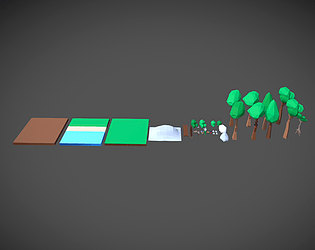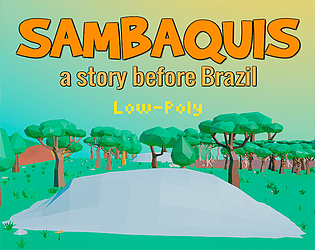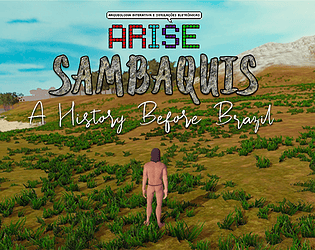ARISE
The Research Group ARISE – Interactive Archaeology and Electronic Simulations – emerged in the academic sphere of the Museum of Archaeology and Ethnology (University of São Paulo, Brazil), in 2017. Although it was founded only this year, the embryo of ARISE began a long time before, during conversations in the corridors of the museum, or having coffee on the benches in the parking lot. The dialogues revolved around one axis: what we were playing recently (and how these games are able to change our understanding of society). Therefore, ARISE was formed naturally, little by little, with increasingly in-depth discussions about the History and Archaeology present in electronic games. Realizing, then, that this theme of digital material culture is little explored in the Brazilian academic environment, we decided to formalize a Research Group with CNPq to make our activities official within MAE-USP.
We are a group of researchers whose main objective is the analysis of electronic games from an archaeological perspective and, in addition, also develop interactive and electronic applications that help in the fields of Education and Museology. But, above all, we are passionate about what we come into contact with even before becoming archaeologists: video games!
Proposal:
Based on the broad concept of Digital Humanities, ARISE aims to promote academic analysis of interactive electronic media (electronic games, serious games, digital simulations), as well as to produce materials that deal with archaeogames and interactive installations aimed at museums and educational institutions .
Main goal:
Study on digital electronic simulations and analysis of their content already produced and offered on the market, in addition to the production of interactivities based on electronic devices that help in understanding the Archaeology and History of past societies.
Specific objectives:
– Research and studies on Digital Humanities, Cyber-Archaeology and Electronic Games;
– Analysis of electronic simulations (games) on the market;
– Production of material aimed at archaeogames;
– Development of interactive installations based on electronic devices and printed/resin materials.
Methodology:
– Group discussions of texts relevant to the topics studied;
– Analysis of electronic games from practice;
– Development of archaeogames;
– Production of material for website/Facebook;
– Production of audiovisual material (commented gameplays) for YouTube;
– Development of interactive electronic devices and availability of the methodology for replication;
– Presentation of seminars open to the public.
Learn more about us: www.arise.mae.usp.br


